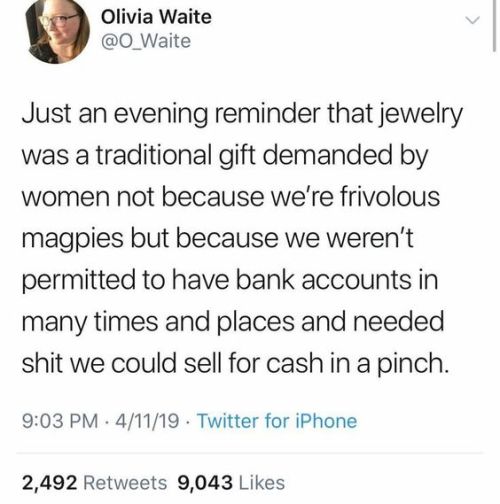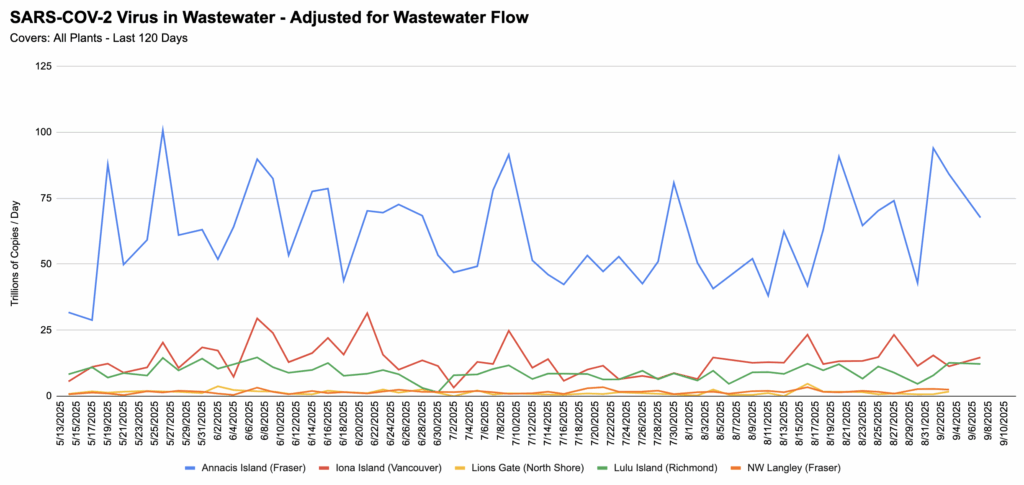Please enable JavaScript to proceed.
I was saddened to note this weekend the passing of Nadir Mohamed, former CEO of Rogers Communications, and all-around Canadian worthy. I cannot say I ever knew the man. I did, however, once have the opportunity to dox him in a doctor’s office. This gave me what I personally think is the funniest story I’ve ever had the opportunity to retell. It was published in The Walrus over a decade ago, but the version on their website is crappy, so I thought I might reprint it here. (I should perhaps mention that the events recounted here occurred more than a dozen years ago and had nothing to do with the illness from which he eventually passed away.)
Forced solidarity in the waiting room
Last summer, I had a Canadian moment. It was at the doctor’s office in Toronto. In the waiting room, to be specific. It was a nondescript place, one that looked as if it hadn’t been renovated since the late ’70s. I had to wait while the receptionist checked in the man who arrived just before me. She was talking to him in great detail about her cellphone plan, and from the tenor of the conversation I sensed that he must work for Rogers. I also noticed that he was wearing a finely tailored suit.
After I signed in, I found myself sitting in the waiting room just across from him. Having overheard his last name, I subtly googled him on my phone. It turned out I was seated opposite Nadir Mohamed, the president and CEO of Rogers Communications.
I paused for a moment to consider that he (who, according to Forbes magazine, made more than $8 million in 2010) and I (who, according to everyone, made significantly less) shared the same doctor. It occurred to me that in the United States, the CEOs of Fortune 500 companies probably don’t go to the neighbourhood clinic. Yet here I was in Toronto, with the CEO of Rogers, sitting in the same waiting room.
My thoughts were interrupted by the woman next to me, who started fiddling with the television and asked the receptionist if she could change the channel. “I was hoping to catch the opening of Wimbledon,” she said, before launching into a rant about her Rogers cable package, which didn’t include TSN, the only station broadcasting the opening. But if she changed packages, she said, she would have to pay for all sorts of other garbage she didn’t want, and so on.
Toward the end of this little tirade, the receptionist said helpfully, “You should talk to him about that,” jerking her thumb in Mohamed’s direction.
From a patient confidentiality standpoint, this was probably inappropriate. But the consequences were entertaining. After a perfunctory “You work at Rogers?” the lady lit into him for a good ten minutes, with a long list of accumulated grievances and venom. She got worked up in the way people only get when discussing cable companies and income taxes.
And there he was, the CEO of Rogers, stuck in his chair with no obvious avenue for escape, forced to listen to one of his customers’ complaints. I tried not to laugh. I toyed with the notion that hell might contain a special room reserved for cable executives, done up in late-’70s decor and filled with disgruntled customers.
Truth be told, when she finished he gave her a set of fairly cogent excuses, about CRTC regulations, and new Internet technologies that will improve everything. And before the woman could get a second kick at the can, the doctor called his name and he quickly exited the room.
This left me thinking how strange and wonderful it is to live in a society where cable executives and cable customers are forced to share the same waiting room before they see their doctor. This may be one of the underappreciated features of Canada’s single-tier health care system.
Of course, it is important not to get too carried away by this thought. Many arguments in support of a single-tier system are “levelling-down” claims, which seek to promote equality by limiting opportunities for those at the top rather than improving things for those on the bottom. One should never argue this way. It is wrong to stop the rich from buying better health care merely because it would result in their getting better health care.
And yet a democratic society requires certain experiences, and certain institutions, where everyone is on an equal footing and everyone is treated the same: standing in line to vote, or to get a driver’s licence, for instance. Some theorists have called these situations points of “forced solidarity.” Among other things, they serve as a check on the tendency for the ultra-rich to drift off into their own little world, to insulate themselves from the travails of the ordinary person.
In Canada, most of the health care system constitutes a point of forced solidarity.
By contrast, the institution that seems to perform this function in the United States is the justice system. Down south, they really do throw anyone and everyone in prison—as Martha Stewart and Conrad Black discovered, much to their apparent surprise. Stewart, given a five-month sentence for her role in a stock trading scandal, was caught lying to investigators; while Black was convicted of obstruction of justice, for removing boxes from his Toronto office in contravention of a court order. It was as though it took each of them a while to realize that the charges against them were serious, that they were expected to live by the same rules as everyone else.
This tendency of elites to lose touch with the rest of society can be widely observed. One could see the underlying pathology on display in the wake of the Occupy movement, when a spate of articles began to appear, written by members of the top 1 percent, explaining that they weren’t all that rich, what with the price of private schools, BMWs, real estate, yoga classes, and so on. What became obvious is that the rich tend to gauge what it means to be rich by comparing themselves with the people around them. And if they never interact with anyone outside their social class, then they don’t feel particularly rich. Hence the genuine befuddlement over how anyone could feel resentment toward them, much less expect them to pay higher taxes.
Much can be said for preventing the most powerful members of society from moving into this sort of parallel universe. Back at the doctor’s office, I thought about how Mohamed might have felt about the experience. The staff were not overworked, and there was no waiting list. At the same time, there was nothing posh about the care either. It was decent, in every sense of the word. If every society requires at least one major institutional locus of forced solidarity, having it be the health care system is not such a bad way to go.
(June 12, 2012)

“A kiss may be grand, but it won’t pay the rental, on your humble flat, or help you at the automat.”
Like literally the most famous song about how much girls love jewellry is just explaining the importance of getting jewellry for when your partner leaves you penniless and alone.
The founder of Girl Scouting in the US, Juliette Gordon Low, funded her first troop by selling her pearl necklace, which was her only belonging after her husband died and left everything to his mistress.
She founded Girl Scouts to teach girls self-sufficiency so they wouldn’t have to go through what she went through when her husband died and she didn’t know how to take care of herself.
Vaccines
Who is going to be able to get a COVID-19 vaccination in BC? As I mentioned in the 2025-08-11 post, NACI says — if I understand correctly — that higher-risk people should get two doses per year and lower-risk people (basically health people under 65) may get one dose per year.
However, I’m seeing things that make me wonder. Ontario, for example, put out a press release (2025-09-18) which said that
starting October 27, “free flu and COVID-19 shots will be available to the general public”. This page on BCCDC’s website (updated 2025-09-02) says that “COVID-19 immunizations are available at no cost to eligible people 6 months and older in BC” — but the devil is in the details. What does “eligible” mean?
I think we’re not going to find out for sure until pharmacists have the vax in their hot little hands. 
Wastewater
Jeff alerted me that the BCCDC wastewater page (2025-09-18) which says, that as of 11 September, they are:
- cutting the number of wastewater monitoring sites from twelve to eight;
- cutting the number of samples per week from three to one;
- cutting the reporting frequency from every week to every two weeks.
Jeff is pessimistic that one point per week will be enough to be at all meaningful. I kind of agree with him, but I would like the spreadsheet to continue, if for no other reason than to keep the data available.

 From Jeff’s wastewater spreadsheet, which only has one point for each of Iona Island, Lulu Island, and Annacis Island — Langley and North Van appear to have been dropped.
From Jeff’s wastewater spreadsheet, which only has one point for each of Iona Island, Lulu Island, and Annacis Island — Langley and North Van appear to have been dropped. 

Please enable JavaScript to proceed.
